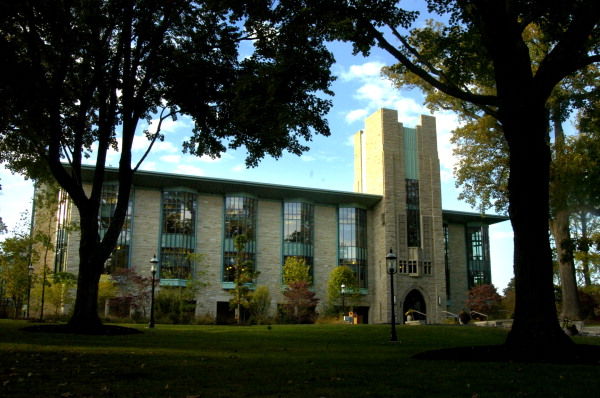I am disappointed by the action of the Municipality of Princeton, or rather its failure to act,
in the matter of possible redevelopment on a portion of the Princeton Theological Seminary
site. I write not as a neighbor, though I am one, but as a citizen who believes government
officials should exercise the authority they are given by all citizens, and not duck that exercise, or delegate it to subgroups of private individuals.
A letter to various interested parties from the municipality’s counsel dated Oct. 22 stated, in part:
“The purpose of this letter is to advise all of you that Princeton has determined that any
redevelopment of the property must be the result of a collaborative effort between the
contract purchaser, the coalition [a private group], the neighborhood, and the property owner as appropriate.”
Princeton has spent probably millions of dollars over time to create a framework of laws
and procedures for reviewing development projects. To do that, lawyers, planners and consultants have been engaged, extensive hearings and public input encouraged, and a framework for making decisions has been put in place. That framework, itself, includes a central role for public comment on all aspects of projects being proposed.
However, in connection with the seminary project, the municipality has delegated the decision to the developer and “the neighborhood,” who are to reach agreement. Of course, defining “the neighborhood” is well nigh unto impossible, so what the municipality has really done is to authorize those neighbors who feel strongly enough to assert their point of view a veto over what the municipality will approve.
I don’t know what the developer will propose. I do know that neighbors of projects are usually uneasy about change. Others who are not neighbors, who may be concerned about issues like affordable housing, must also be heard. All heard, but no veto to any one group, is what is in the public interest.
It’s the job of government, through the exercise of the powers granted it by law, to regulate this process and make decisions in the public interest.
Let’s ask it to do so.
Peter Bienstock
Princeton

